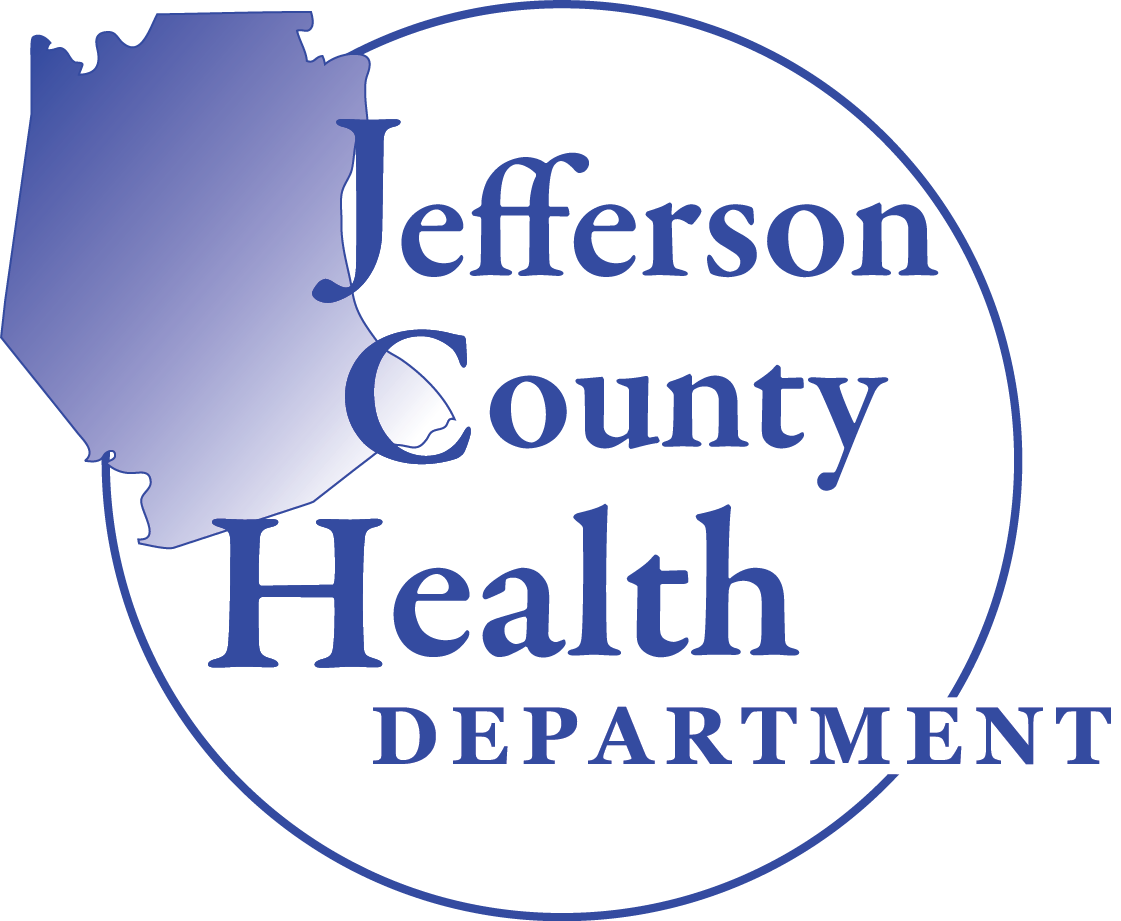Helping your children understand where their food comes from and appreciating the meals that are put on their plates each day can help them long term. Knowing what to put on a grocery list, how to shop the different layouts of stores, and budgeting can be very helpful; and it can make the grocery store trip a little easier.
Take them to the farmers market to show them where their food comes from.
Speaking with local farmers and seeing the fruits and vegetables outside of the grocery store can help children and adolescents connect better to what they are eating.
Include them when making the grocery list.
Have them look at the pantry and fridge with you to see what they might think is missing. Is there anything they want to add? Have them write down some of their favorites as well as the needs of the family/ household. Then, they can be responsible for gathering some items at the store and bringing them to the cart.
Introduce them to food labels.
Without making any rules about food, explain a few components of the label. Calories are what give our bodies energy, carbs supply our brains and muscles with energy, protein helps keep us full, and unsaturated fats (nuts, seeds, oils, avocados) are heart and brain healthy.
Play a game.
If you have little ones, try playing “Eye Spy” or “Simon Says”. Focus on color by asking “eye spy something yellow” and have them point it out.
Freeze produce once ripe.
If your fruits or vegetables are starting to turn and you don’t plan on eating it within a couple days, wash, cut and freeze it. Have children help you with one or two steps of the process, even if it’s just bagging the item and putting it in the freezer. This can teach kids about avoiding food waste and saving money.
Taking these small steps will go a long way when your children start making dietary choices on their own. And don’t worry! Starting small and slowly is okay! Pick one of the tips above and start today!
MCH Publicity Statement:
This project is/was funded in part by the Missouri Department of Health and Senior Services Maternal and Child Health Services Contract #AOC18380095, and is/was supported by the Health Resources Services Administration (HRSA) of the U.S. Department of Health and Human Services (HHS) under grant #B04MC30623, Maternal and Child Health Services for $12,107,084, of which $0 is from non-governmental sources. This information or content and conclusions are those of the author and should not be construed as the official position or policy of, nor should any endorsements be inferred by HRSA, HHS or the U.S. Government.

